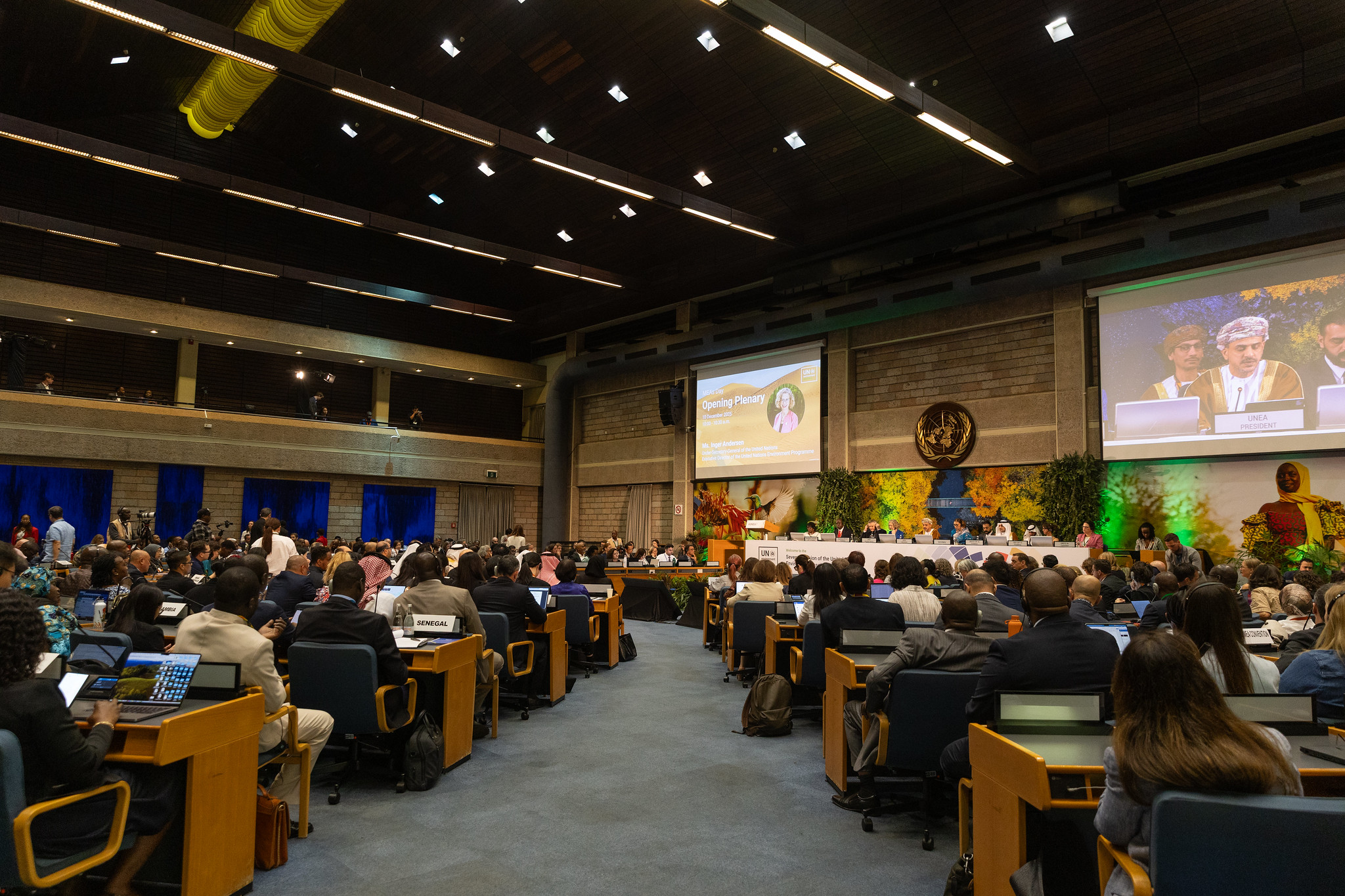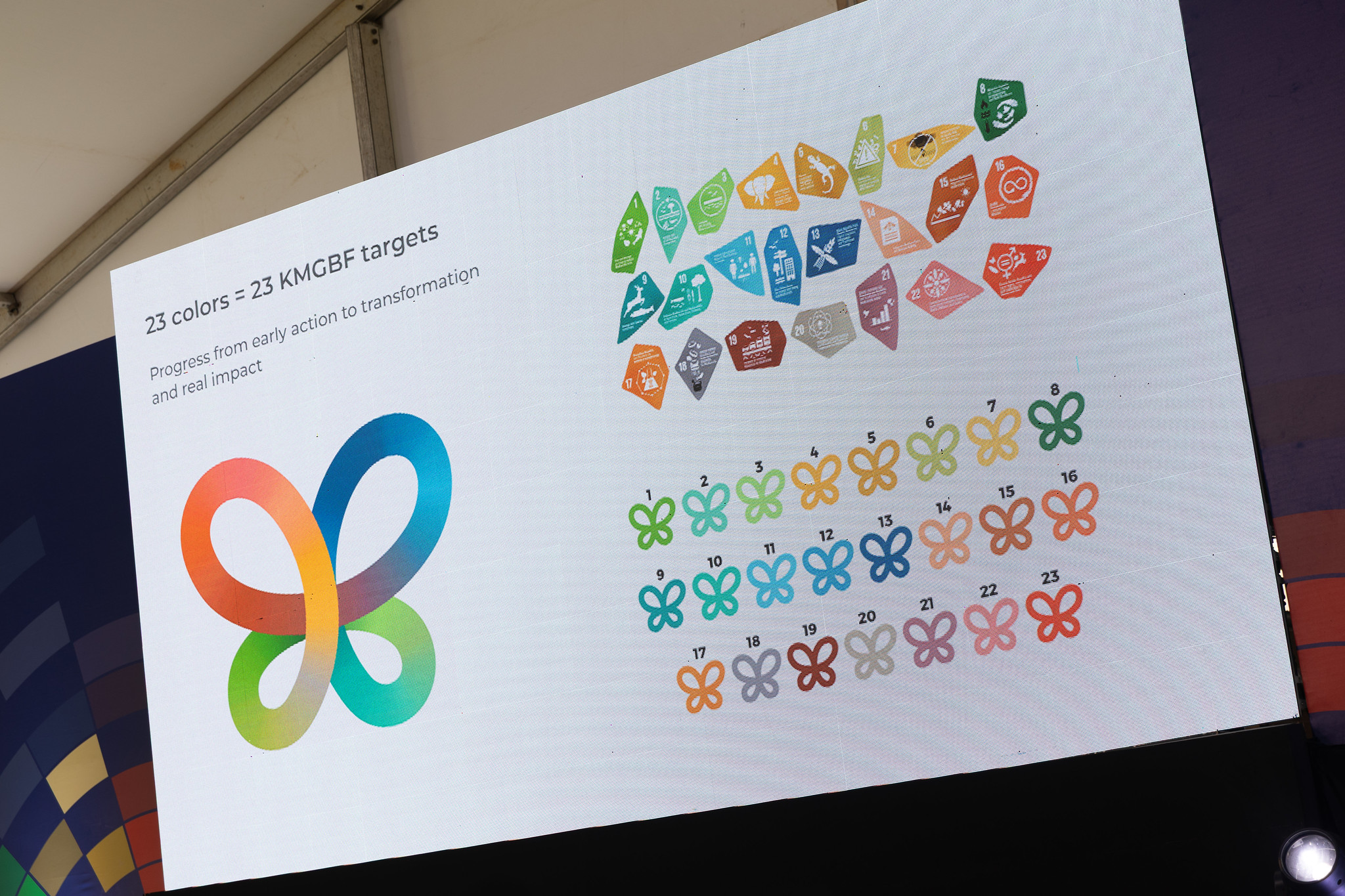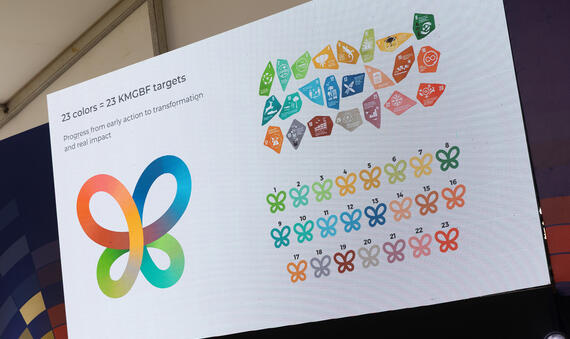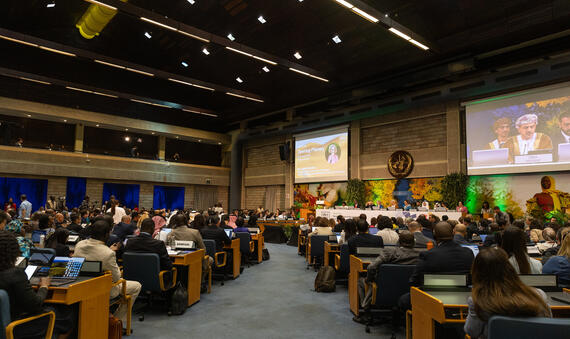Updates
Astrid Schomaker | Executive Secretary, CBD
Programmes
Thematic
The Conference of the Parties (COP) has established seven thematic programmes of work (listed below) which correspond to some of the major biomes on the planet. Each programme establishes a vision for, and basic principles to guide future work. They also set out key issues for consideration, identify potential outputs, and suggest a timetable and means for achieving these. Implementation of the work programmes depends on contributions from Parties, the Secretariat, relevant intergovernmental and other organizations. Periodically, the COP and the SBSTTA review the state of implementation of the work programmes.
Cross-Cutting
The COP has also initiated work on key matters of relevance to all thematic areas. These cross-cutting issues correspond to the issues addressed in the Convention's substantive provisions in Articles 6-20, and provide bridges and links between the thematic programmes. Some cross cutting initiatives directly support work under thematic programmes, for example, the work on indicators provides information on the status and trends of biodiversity for all biomes. Others develop discrete products quite separate from the thematic programmes.
Clearing-House
Clearing-House Mechanism of the Convention on Biological Diversity
The Clearing-House Mechanism (CHM) contributes to the implementation of the Convention on Biological Diversity by promoting and facilitating scientific and technical cooperation, knowledge sharing and information exchange, and by establishing a fully operational network of Parties and partners.
Biosafety Clearing-House
The Biosafety Clearing-House (BCH) is a mechanism set up by the Cartagena Protocol on Biosafety to facilitate the exchange of information on Living Modified Organisms (LMOs) and assist the Parties to better comply with their obligations under the Protocol.
Access and Benefit-Sharing Clearing-House
The Access and Benefit-Sharing Clearing-House (ABSCH) is a platform for exchanging information on ABSCH and a key tool for facilitating the implementation of the Nagoya Protocol.




















